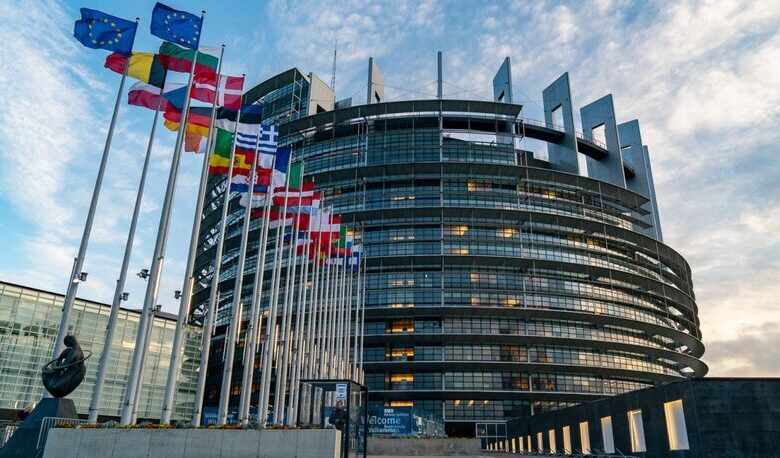EU Council adopts FuelEU Maritime initiative into law

The EU’s protracted debate over building regulations to cover ship fuels and their resultant emissions both within and outside of European waters has found agreement.
“The new law will provide legal certainty for ship operators and fuel producers and help kick-start the large-scale production of sustainable maritime fuels, thus substantially delivering on our climate targets at European and global level,” Spanish Minister of Transport, Mobility and Urban Agenda Raquel Sánchez Jiménez said.
According to the EU, the main objective of the FuelEU maritime initiative, a key part of the EU’s Fit for 55 legislative package, is to increase the demand for and consistent use of renewable and low-carbon fuels and to reduce greenhouse gas (GHG) emissions from the shipping sector, while ensuring the smooth operation of maritime traffic and avoiding distortions in the internal market.
“The new legislation aims to put maritime transport on the trajectory of the EU’s climate targets for 2030 and 2050 and should play a fundamental role in delivering on the European climate law,” the Commission said.
The purpose of the Fit for 55 package is to reduce the EU’s greenhouse gas emissions by 55% by 2030 and to achieve climate neutrality by 2050.
Danish Shipping celebrated the adoption of the FuelEU Maritime initiative. “The Council of the European Union has just adopted FuelEU Maritime, and with today’s approvals, virtually all pieces of the puzzle for regulating shipping’s climate impact have fallen into place. Now, only the accompanying more detailed technical implementing acts and the directive on renewable energy remain, but the political aspect has largely been finalised and adopted,” the trade group said.
According to Danish Shipipng, the political agreement means shipping will be covered by the EU’s emissions trading system (ETS) from 2024 and FuelEU Maritime from 2025, with shipping companies gradually reducing the climate impact of their fuels. Additionally, there will be rules for the infrastructure of alternative fuels, including requirements for using shore power in selected larger ports.
In late March, the EU Parliament and EU Council struck a provisional deal on the FuelEU Maritime initiative, including text requiring ships to gradually reduce GHG emissions by curbing GHG intensity – measured in grams of CO2/megaJoule of energy – by 2% as of 2025, 6% by 2030, 14.5% by 2035, 31% by 2040, 62% by 2045 and 80% by 2050.
According to the European Council, the final regulation contains the following main provisions:
- Measures to ensure the greenhouse gas intensity of fuels used by the shipping sector will gradually decrease over time, by 2% in 2025 to as much as 80% by 2050.
- A special incentive regime to support the uptake of renewable fuels of non biological origin (RFNBO) with a high decarbonisation potential.
- An exclusion of fossil fuels from the regulation’s certification process.
- An obligation for passenger ships and container vessels to use on-shore power supply for all electricity needs while moored at the quayside in major EU ports as of 2030, with a view to mitigating air pollution in ports, which are often close to densely populated areas.
- A voluntary pooling mechanism, under which ships will be allowed to pool their compliance balance with one or more other ships, with the pool – as a whole – having to meet the greenhouse gas intensity limits on average.
- Time limited-exceptions for the specific treatment of the outermost regions, small islands and areas economically highly dependent on their connectivity.
- Revenues generated from the regulation’s implementation (FuelEU penalties) should be used for projects in support of the maritime sector’s decarbonisation with an enhanced transparency mechanism.
- Monitoring the regulation’s implementation through the Commission’s reporting and review process.
Shipowners who use RFNBOs between 2025 and 2034 will receive more emissions offset credits than those who do not.
RNFBOs are a product group of renewable fuels defined in the EU’s Renewable Energy Directive. They are fuels that are produced from renewable energy sources excluding biomass and include hydrogen and hydrogen-derived fuels.
The deal also set a ratcheting clause that would see the introduction of a 2% renewable fuels usage target for shipping implemented by 2034 if a 2031 EU Commission review finds that RFNBO use amounts to lower than 1% of shipping’s overall fuel mix within the EU.
